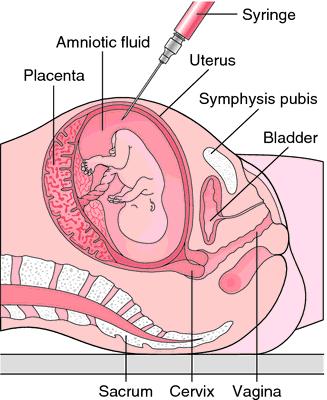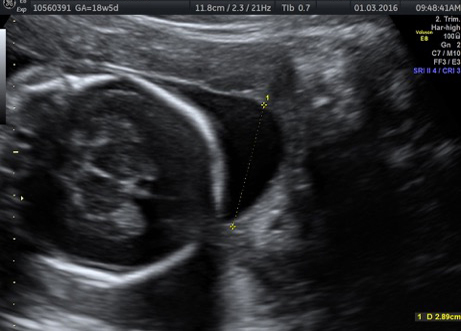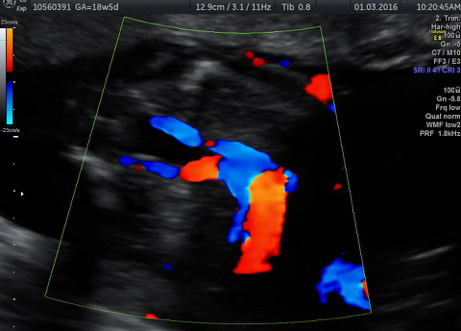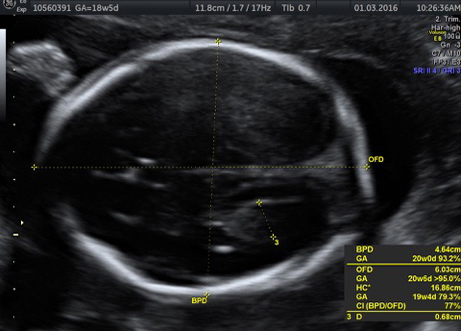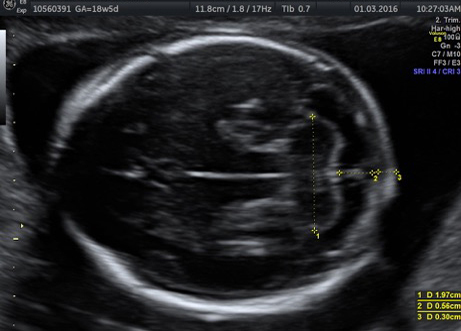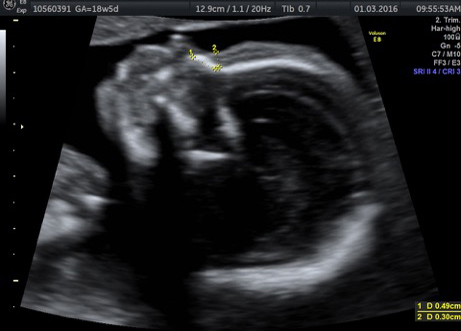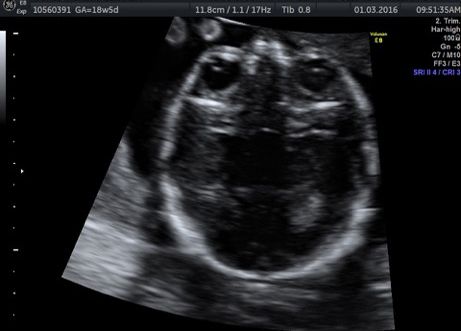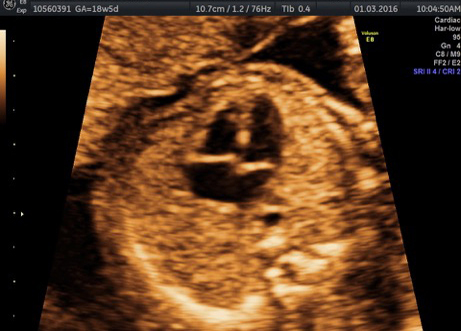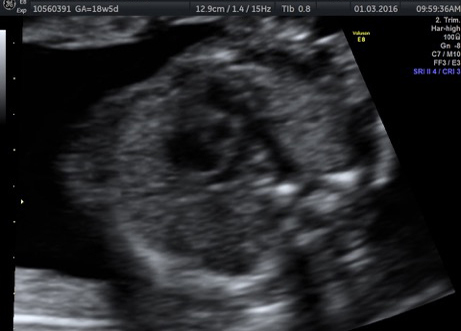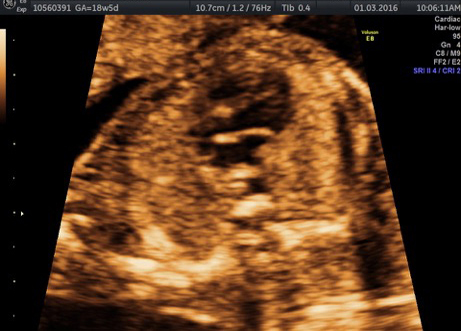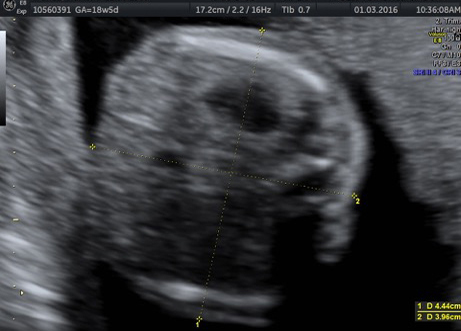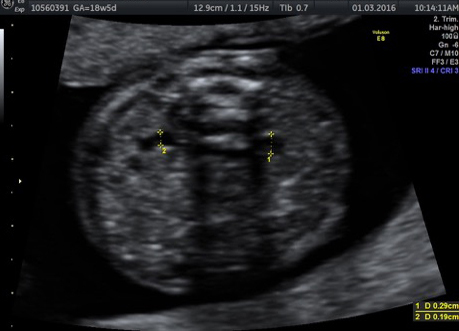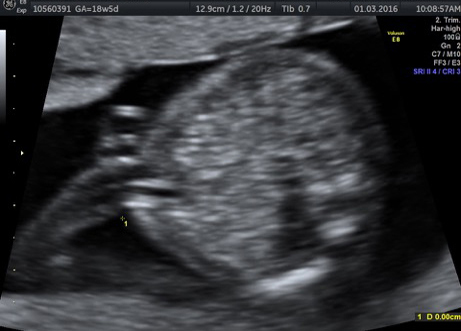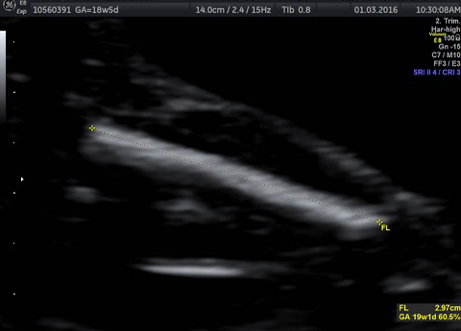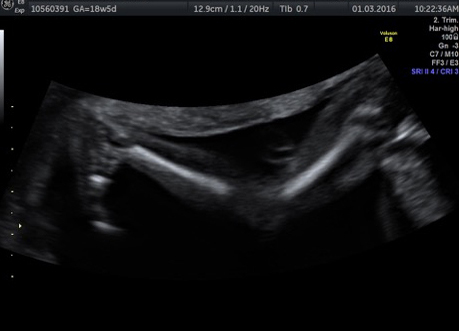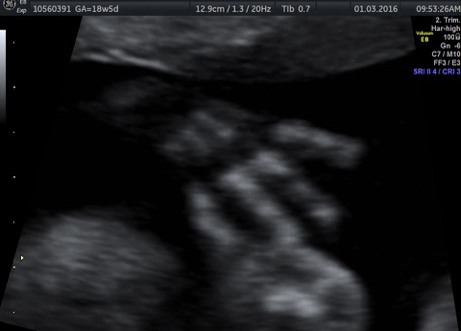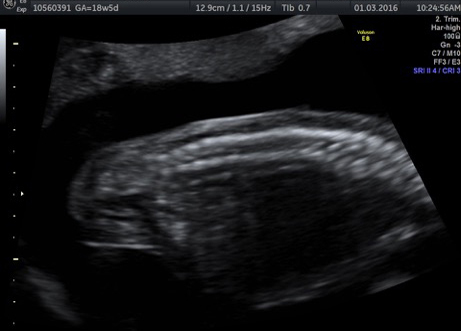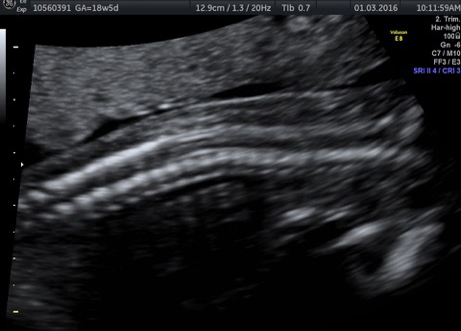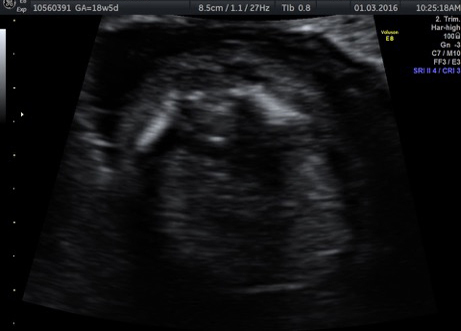Amniocentesis is a test performed during pregnancy to check for chromosomal disorders, certain genetic disorders and infections in the baby.
- When there is a ‘high risk’ for chromosomal disorders on first trimester or second trimester screening (triple or quadruple marker)
- When there is a high suspicion for Down syndrome on ultrasound in the second trimester
- When there is an abnormality in the baby at the anomaly scan
- To rule out certain genetic disorders like SLO syndrome, icthyosis etc.
- Uncommonly, amniocentesis may be done to confirm fetal infection when the mother is suspected to have certain infections, like rubella, CMV, toxoplasma, etc.
Amniocentesis involves putting a thin needle through the mother’s tummy to obtain a small amount of amniotic fluid from around the baby. The test is done under continuous ultrasound guidance so that the needle avoids both the baby as well as the placenta. Sometimes, the needle may require to be inserted twice to obtain an adequate sample.
This test is usually done between 15 to 18 weeks of pregnancy; however it may be done anytime afterwards when indicated. Amniotic fluid contains the baby’s cells which are analysed in the lab. Fluorescent In Situ Hybridization (FISH) technique checks for the most common chromosomal abnormalities, namely trisomy 21 (Down syndrome), trisomy 18 (Edward’s syndrome), trisomy 13 (Patau’s syndrome) and the sex chromosomes. A full karyotype which shows all the 46 chromosomes of the baby is done by culturing the fetal cells.
Most women undergoing the procedure rate it as uncomfortable or painful as routine blood sampling. Local anaesthesia is almost never needed for amniocentesis.
There is small increased risk of miscarriage of around 1 in 200 with amniocentesis and 1 in 100 for chorionic villus sampling. Although all precautions are taken during the procedure to minimize infection, there remains a small risk of infection (1 in 1000). In about 1 in 100 patients, the culture may fail and the full karyotype may be unavailable.
The doctor will explain the procedure, why it should be done and the associated risks as outlined above. You will be asked to sign an informed consent. Your blood group and certain other blood tests (HIV, Hepatitis B) will be checked.
You will be asked to rest in the department and the baby’s heart beat will be checked after half an hour. There is no restriction to your daily activities though the doctor may advice you to stay home for 3 days to minimize chances of infection. You may have slight bruising at the site of needle entry. You may also have some spotting or mild cramping for a couple of hours. If you have fever, vaginal bleeding or leaking or contractions, you must report to the hospital.
The FISH report comes within 3 full working days; the karyotype report takes 2 to 3 weeks. The timing of other results will depend on the test performed and usually varies between 7 to 10 working days. You will receive a call from us as soon as the reports are available and a soft copy will be mailed to you on the same day.
